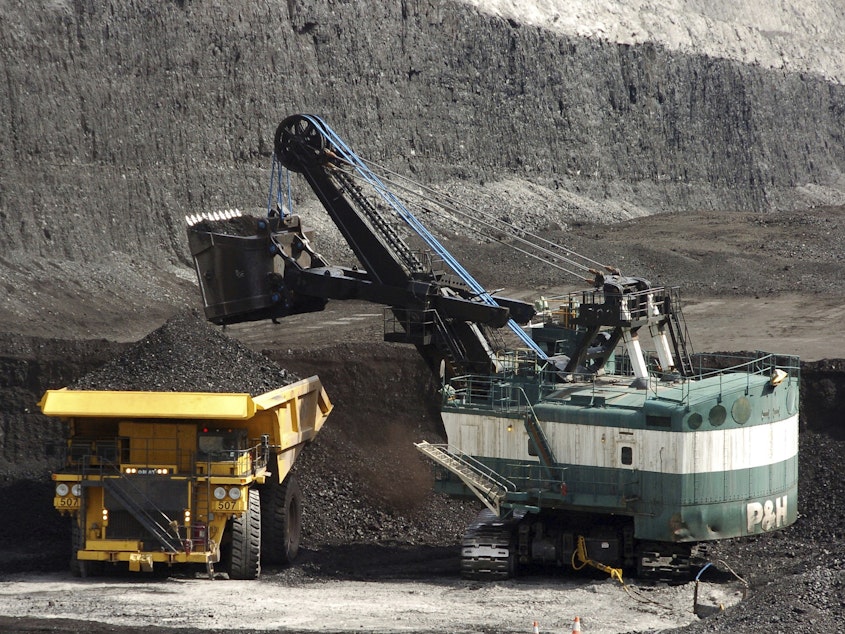Federal appeals court revokes Obama-era ban on coal leasing

A federal appeals court has lifted a moratorium on new coal leasing on federal land that dates back to the Obama administration.
A three judge panel in the 9th Circuit Court of Appeals Wednesday tossed the moratorium saying it was now moot. It's the latest decision in a series of legal back-and-forths that date back to 2016 when then-Interior Secretary Sally Jewell moved to halt all new coal leasing on federal land as part of a strategy to address climate change.
President Trump's Interior Secretary Ryan Zinke ended the Obama moratorium, a move that was challenged by environmental groups and tribes. A court then reinstated the ban on new leases in 2022.
Wednesday's latest ruling tossing that out appears to be largely on a technicality. The judges noted that the original challenge was to a Trump-era policy that is no longer in place as President Biden's Interior Secretary Deb Haaland had revoked it already.
Rich Nolan, president and CEO of the National Mining Association called the ruling a victory. "Important projects can once again advance and support the production of affordable, reliable power to the grid, while creating jobs and economic development," Nolan said in a written statement.
Sponsored
Even as demand for coal has slumped nationwide, mining companies have pushed federal land managers to open up more land for exploration particularly in the western United States, citing its location as a possible continued export market to countries such as China.
It's not yet clear how President Biden will respond to Wednesday's ruling or how soon new leasing could resume on federal public land.
Environmentalists and tribes are pressing the Biden administration to intervene again and launch a new federal review of the coal leasing program.
In a statement, William Walksalong of the Northern Cheyenne Tribe in the coal-rich Powder River Basin in Montana said the administration needs to "step up" and live up to its promises to protect the climate.
"We will fight tirelessly to protect our reservation and its air and waters and the Cheyenne way of life," Walksalong said. [Copyright 2024 NPR]



